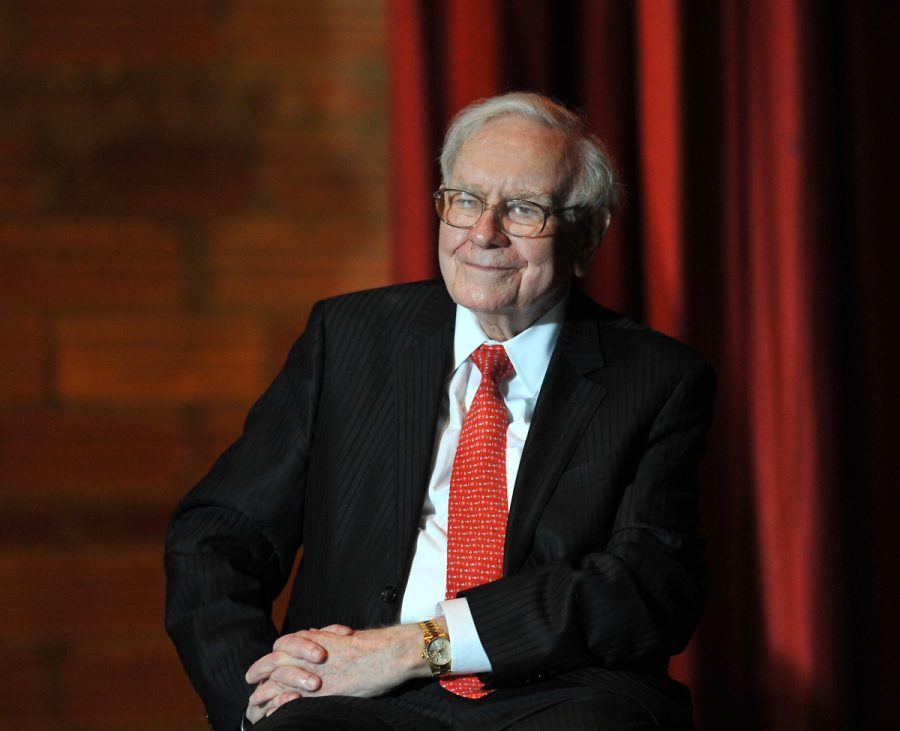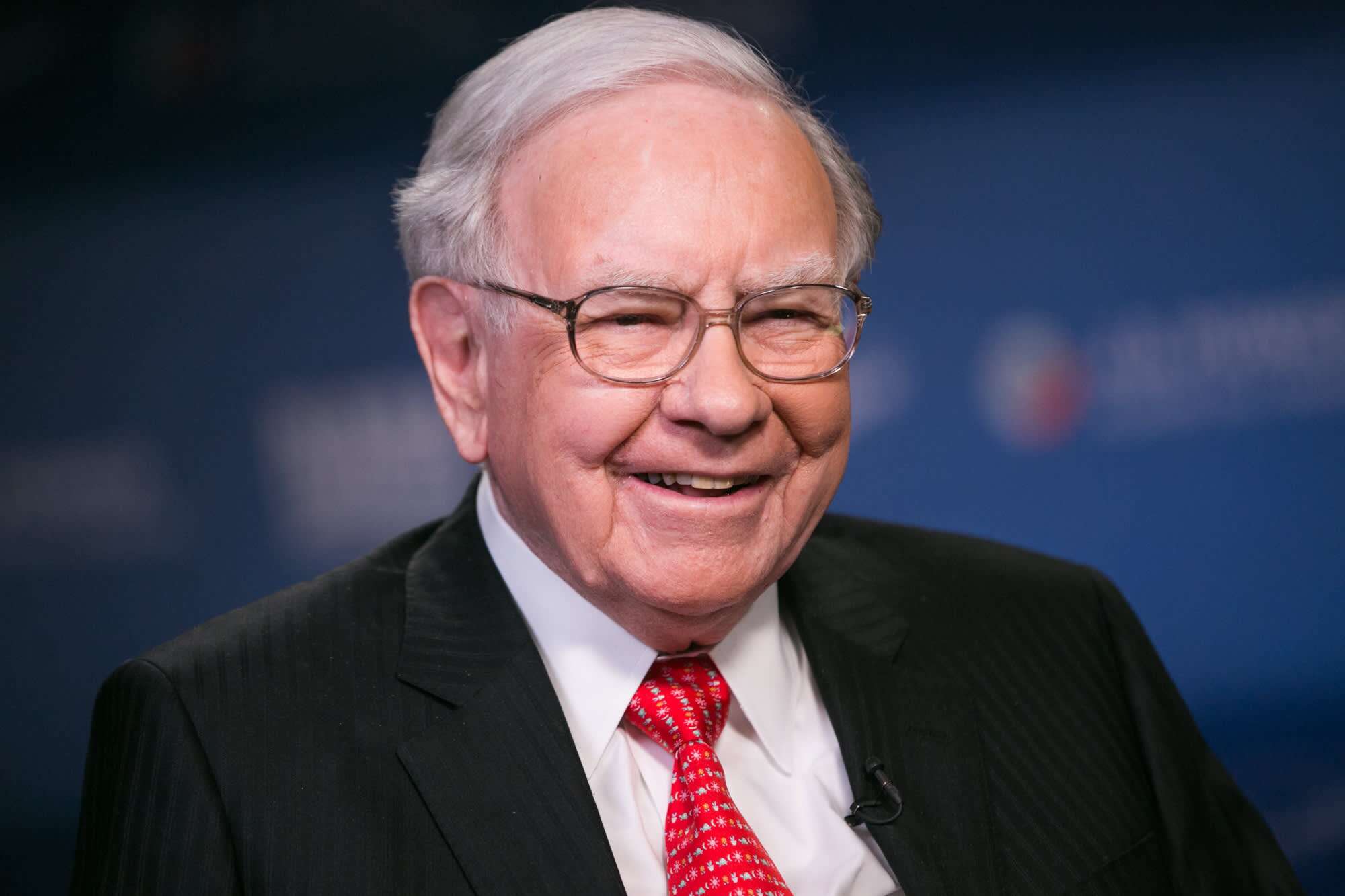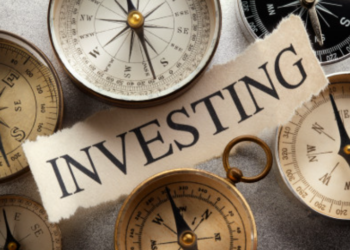Michael Phelps won 22 Olympic medals (18 gold), how did he do it? Well, he trained and trained and trained, then he ate and ate and ate every day. He was also blessed with natural attributes i.e., he was tall.
So, wait, if I am tall and eat, and train, I can also win 18 gold medals? No! but stay with me.
Get Stock Trading Guidance Via the Nairametrics SSN Newsletter
Warren Buffet likes to invest. He reads research reports, likes numbers and is always looking a discount deal on great stocks. Ok. So, if I am good with numbers, research buy great stocks I will become as rich as Warren Buffet? Well, maybe not as rich but you will earn more from your investments. The distinctiveness among Phelps, Bolt, Buffet, Musk, Dangote, and Ovia, is not what they do, but how they do it and how often they do it.
READ ALSO: Investing in Cryptocurrencies during this economic shutdown; here’s your need to know
Let’s look at an Olympic swimmer like Michael Phelps. When Michael was eight, he wrote out his goals; he wrote, “I would like to make the Olympics,” then listed his time goals for the various races i.e. breaststroke, freestyle etc. At the age of eight, this future Olympian had visualized his goals, written them down, and put a date for accomplishing them.
READ: Why Warren Buffet’s $4.6m lunch with Bitcoin entrepreneur is experiencing delay
When seeking to create a financial plan, it is impossible to achieve success without visualizing out a goal on paper. Imagine creating an investment plan without any idea of a retirement date or income or rates of return. It’s impossible without a clear road map to determine how much to save and invest for five years. During his teenage years, he trained “every single day, 365 days a year, Sundays, Christmas and Thanksgiving days included… and twice on his birthdays,” says his coach, Bob Bowman.
READ: Best ways to get free money with little or no effort
If an investor saved N1.00 every day for 5 years at 0%, that saver would have N1,826.00 What if those savings increased to N5.00 and were invested at just 5% annually? Then the savings pot will become N10,373.04. Yes, inflation will erode the value after 5 years, but applying a 13% inflation rate, the saver still has a real saving of N5,170.14.
READ MORE: Top 10 risks Nigerian businesses will face in 2020/2021 – Report
So, the second lesson we take from Olympic champions is to start early, save, and then invest constantly. Micheal Phelps is a swimmer, a sport for endurance and speed. What do endurance athletes like swimmers and marathon runners eat? Food rich in carbohydrates; they need the carbs to fuel the massive amount of energy they expend during their sports. Phelps, for instance, for breakfast eats as many as 12,000 calories prior to his races. His breakfast consists of “three fried-egg sandwiches, three chocolate chip pancakes, a five-egg omelette, three sugar-coated slices of French toast, and a bowl of grits.”
READ: Books Every Nigerian Investor Must Read
What does a sprinter like Bolt eat? Not calories but lean protein, eggs, meat, fish, dairy. Protein allows muscles to recover and develop after sprinting, which causes minute damages to muscle fibres that can be easily converted to energy. So, two different Olympic champions, each multiple gold medal winners, but because of their different sports, they eat very differently to achieve a different objective.
Similarly, in investing, each investor is different, bond investors have instruments that have 30-year durations as opposed to stock traders who may be looking to buy and flip a stock in hours. What is key is to invest according to a stated objective and risk profile.
READ: This simple advice could help solve your investment challenges
Where the investor has a longer endurance factor to risk, meaning the investor can accommodate volatility in his earning, that investor will be comfortable investing on equities. Equities are higher-risk investments and can lose all invested capital but can also gain 100%.
However, where the investor has a lower risk endurance, then the investor will fill his plate with lean risk asset classes like sovereign bonds which offer lower volatility to stock and deliver a fixed return, but suffer if interest rates rise.
READ: Why Bitcoin will not go back to zero
Thus, our third lesson from the Olympians, the food each investor eats, is a function of his individual sport. Where the investors have lower risk, his asset allocation diet is different. Each investor must tailor his asset allocation to his objectives and investment goals.




















